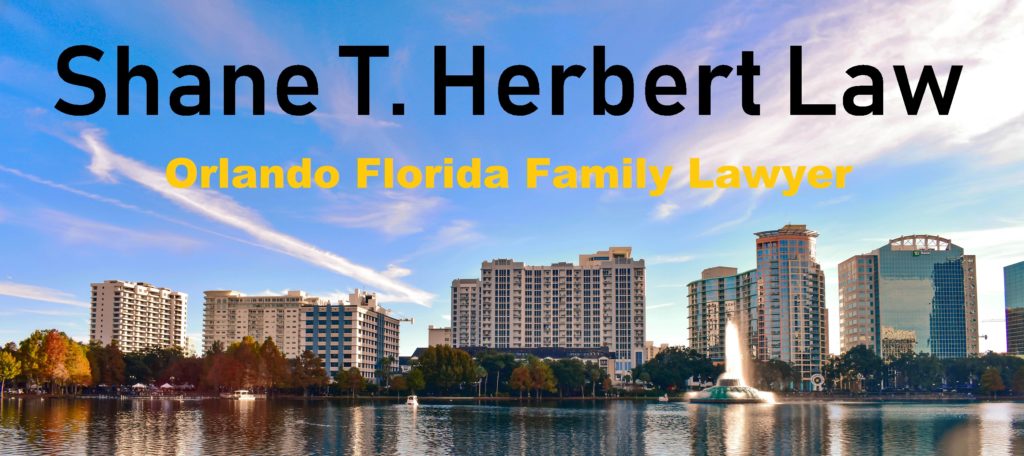Getting married is a monumental change in life, and therefore, a big decision to make. As a result, many people find themselves going back and forth on whether or not it’s time to get married, or at all, ever. This common indecisiveness and concern tends to stem from all the negative stereotypes of married life and the horror stories of divorce. But what many people seem to overlook are all the positive benefits of marriage, such as companionship and unconditional support. Even in a legal sense, there are advantages to being married.
In fact, continue reading to learn the top legal benefits of marriage.

Before signing a marriage certificate, it is important to know exactly how it will change your legal circumstances. Fortunately, most changes that take place on a legal platform are positive, like tax benefits, financial benefits, and more.
Take a close look at some of the top advantages you can expect from getting married, below.
FINANCIAL BENEFITS
There are various financial advantages of being married. In terms of social security, you can receive your spouse’s benefits if you do not have any. You can also receive other benefits through your spouse, such as pension, Medicare, disability, veterans, and military. Individual Retirement Account (IRA) benefits are another factor to consider when weighing the advantages of marriage.
TAX BENEFITS
As a married couple, you are given certain tax benefits. For instance, you can receive unlimited marital tax deduction, which is the largest tax benefit of marriage. This means you can transfer assets to your spouse at any time, in any amount, tax-free. Another possible tax benefit is the option of filing taxes, jointly. This, however, this is not good for all couples. Two high earning couples would pay more in taxes.
HEALTH BENEFITS
There are several types of health insurance and medical advantages that come along with marriage. For instance, you can be added to your spouse’s health insurance policy, and receive their benefits. Additionally, family leave and bereavement benefits can be made available to spouses through their employer.
ADDITIONAL LEGAL BENEFITS:
☑ Paternity Benefits
☑ Legal Decision-Making Benefits
☑ Inheritance Benefits
☑ Medical Proxy Rights
Get Trusted Marital Legal Advice in Florida
Contact the Law Office of Shane T. Herbert at 407-887-7058 to speak with a seasoned family lawyer about marriage legal assistance in Orlando, Florida. Our office is conveniently located in the Metro West area, within The Offices of Veranda Park, with ample free parking. And for your added convenience, office visits are not required for initial consultations, as we are happy to provide them over the phone or even video conference, if needed.












